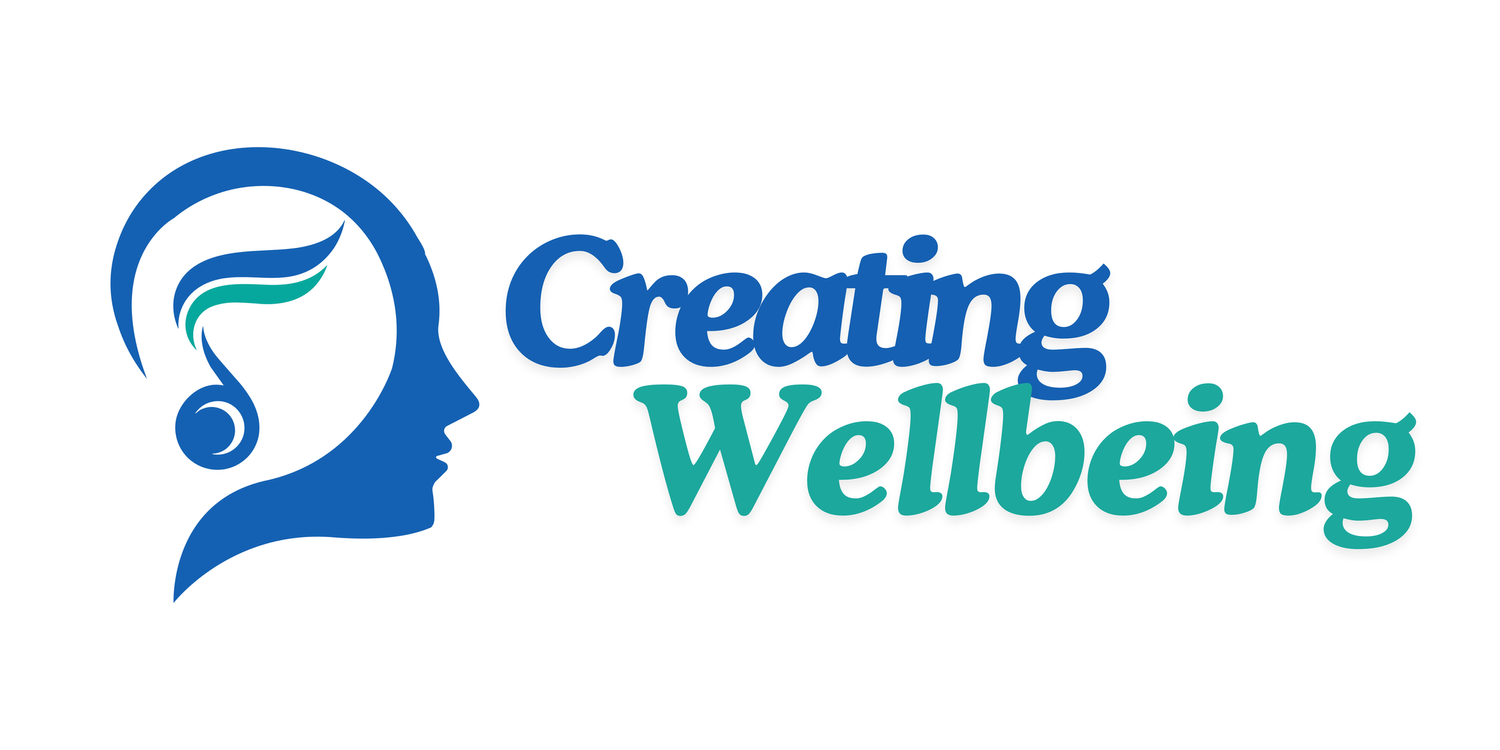Frequently Asked Questions
For general questions about music therapy, please refer to the American Music Therapy Associaion’s FAQs, found here.
For specific questions about music psychotherapy, please see below.
I don’t know how to play any musical instruments. Can I or my loved one still come to music therapy?
Yes! No musical experience is needed; you only need to have a desire to grow!
I am a formally trained musician, what can music therapy offer me?
Music therapy may offer you a different way to connect with music, or it may offer you another means to understanding yourself through music. I will work with you to identify the most comfortable music experiences to address your self-identified needs.
What does a typical music therapy session look like?
When you enter the music therapy space, we’ll do a quick check-in to identify potential areas to work with. We will then work together to create music experiences to address those areas, and then we will process the material in a way that is comfortable for you.
What are the mechanisms that lead to change in music therapy?
Music therapy is a diverse and multifaceted process and the mechanisms that lead to change are equally complex. While each therapeutic journey is unique, several key mechanisms consistently support personal growth and lead to change. Here are some of the core elements that support change:
Therapeutic relationships: At the heart of music therapy is relationship—between client and therapist, between client and music, and even between therapist and music. These interconnected relationships create a safe and supportive space where authentic expression is welcomed and honored. The music itself often acts as a third participant in the room, allowing clients to express emotions and explore inner experiences in ways that words alone may not allow. The relational dynamics foster trust, emotional risk-taking, and connection, all of which are essential for therapeutic growth.
Musical components: These include rhythm, harmony, melody and even silence! These components can reflect what’s going on inside you. For example, a fast beat might show anxiety, while a soft melody might express sadness. By making or listening to music, you can explore emotions, notice patterns, and begin to shift how you feel or respond.
Music as a container: The music may serve as a container and or a bridge to self-understanding and growth. The music allows you to express, without needing to say anything.
Clear structure and boundaries: Music therapy sessions often have clear beginnings and endings. Musical experiences also offer clear helpful boundaries. These structures may help you feel safe enough to take emotional risks and grow.
Whole body experience: Music isn’t just about thinking—it’s something you feel in your body. Whether you’re drumming, singing, or just listening, music can help you connect your thoughts, feelings, and body. This helps you understand yourself in a more complete way.
Simply, music therapy works by combining relationship, sound, structure, and creativity. Together, these elements open new doors for healing, self-expression, and positive change—especially when words aren’t enough.
What are the benefits of music psychotherapy over verbal counseling?
Counseling is a well-established and widely respected profession that relies primarily on language—talking, listening, interpreting—to explore and resolve emotional and psychological issues. While this approach is highly effective for many, it does have its limitations. Human experience is not always fully accessible through words alone. Sometimes, individuals struggle to articulate what they feel. At other times, language can serve as a defense mechanism, masking deeper emotional truths or avoiding core wounds. There are also moments when we simply don’t know what’s wrong—we just feel it.
Music psychotherapy offers an alternative and complementary pathway into the psyche—one that bypasses the limitations of language. It utilizes music not just as a background tool, but as a central, therapeutic medium. Specifically designed musical experiences—such as improvisation, listening, or songwriting—can evoke emotional responses, stimulate memories, and open pathways to self-understanding that may be unreachable through talk alone.
Some key benefits of music psychotherapy include:
Access to the unconscious: Music can tap into deep emotional and psychological material that lies outside of conscious awareness. It can help surface buried memories or unresolved trauma in a gentle, non-threatening way.
Emotional expression without words: For those who have difficulty verbalizing feelings—whether due to trauma, neurodivergence, age, or cultural factors—music provides a powerful avenue for expression.
Bypassing defense mechanisms: Music often reaches us on a somatic and emotional level, making it harder for the conscious mind to block or intellectualize the therapeutic process. This allows more authentic and spontaneous material to emerge.
Regulation and integration: Music can help regulate emotional states, calm anxiety, energize depression, and support the integration of fragmented aspects of the self. The structure and rhythm of music can mirror or help organize internal chaos.
Creative engagement and empowerment: Actively creating or engaging with music can foster a sense of agency and empowerment. It invites people into an active, rather than passive, role in their healing process.
Crossing cultural and developmental boundaries: Music is often more accessible than verbal expression for children, individuals with developmental delays, or people from cultures where emotional disclosure is not the norm.
Ultimately, music psychotherapy invites a deeper, more holistic exploration of the self. By engaging the mind, body, and emotions simultaneously, it offers a uniquely integrative approach to healing—where sound can speak when words cannot.
What kinds of things would I do in music psychotherapy?
We may create impromptu music; we may listen to songs of your choosing; we may re-create songs, or parts of songs; or we may write songs. I will offer suggestions, and you will choose an experience you are comfortable with to express and explore your intentions for the session.
What kind of music would we use?
We would use whatever music you want to use. I firmly believe that people know themselves best. Accordingly, you will know the music you need.
